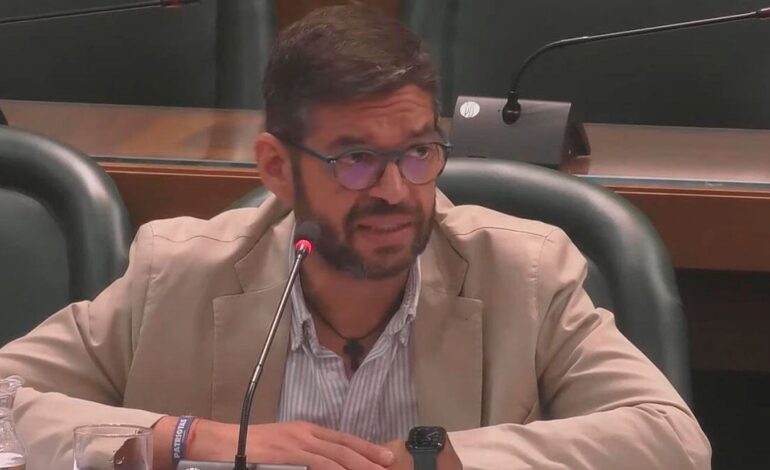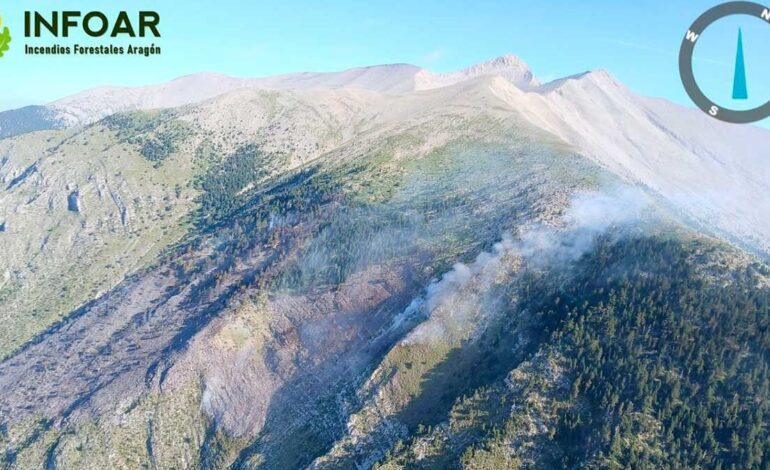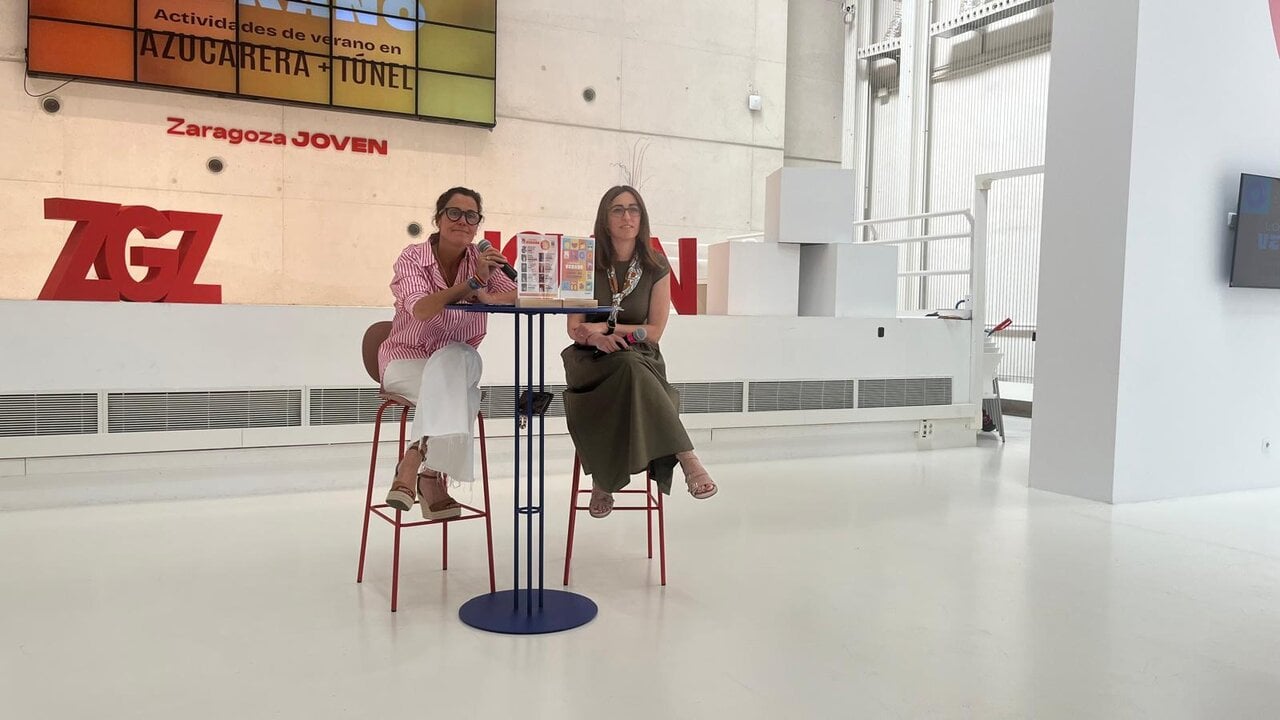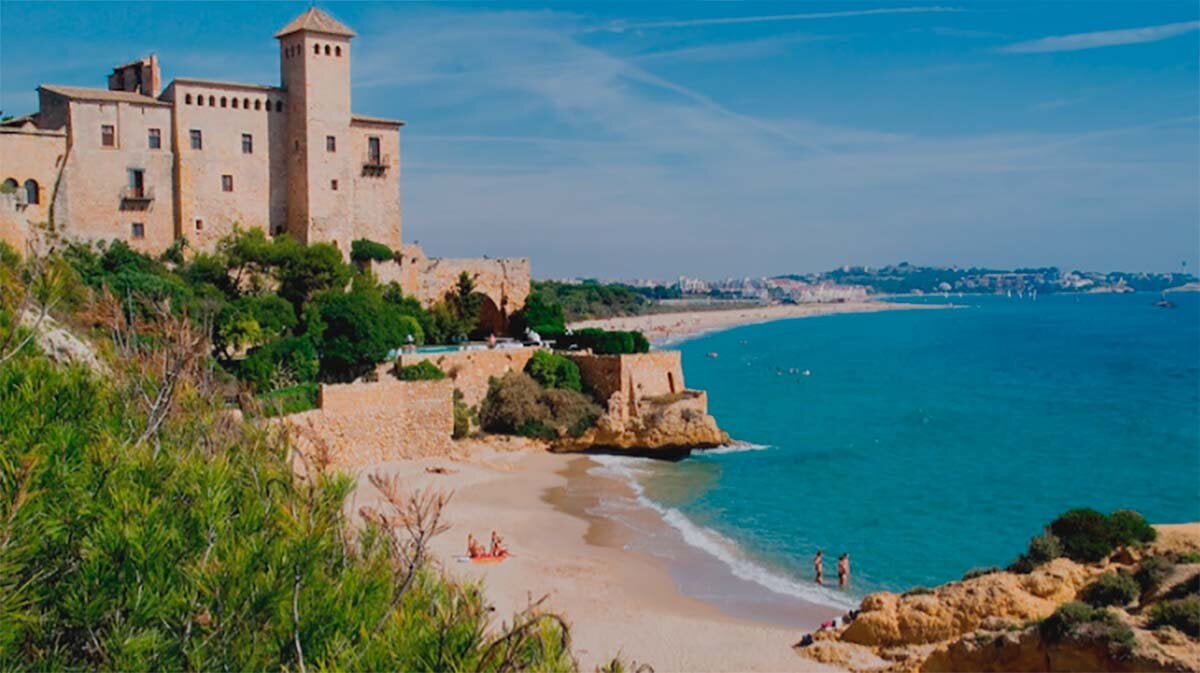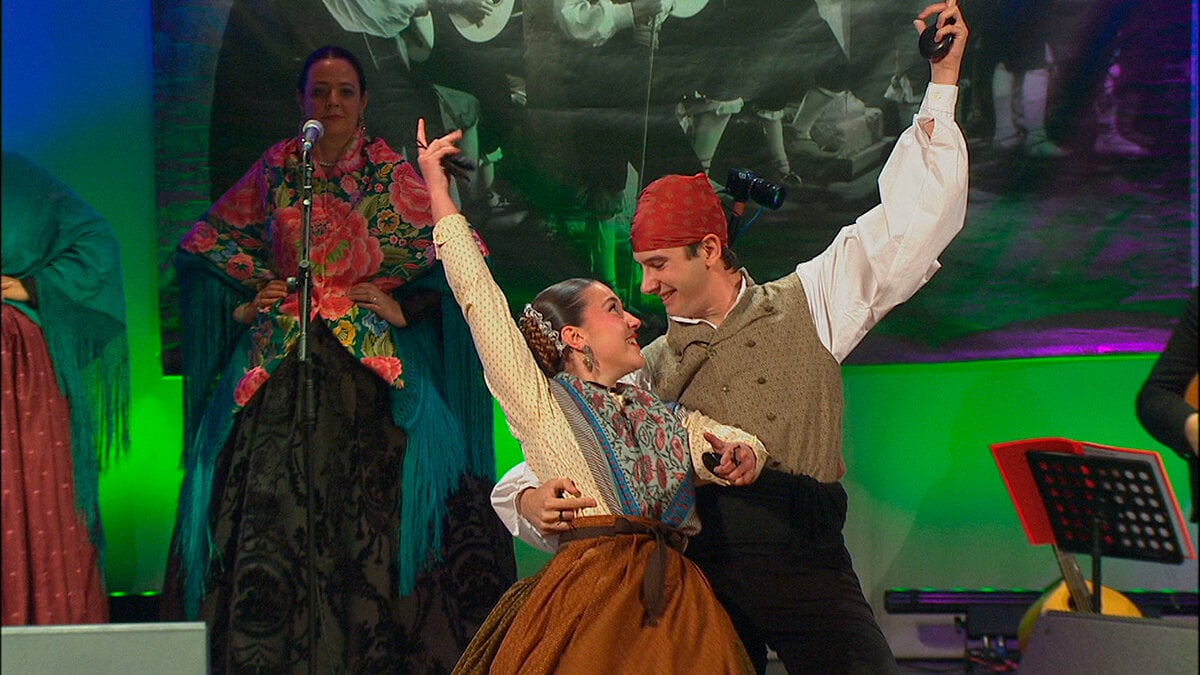
What does “Galicursi” mean? The word of the RAE that has eliminated Alagón del Grand Prix of the summer
ALAGÓN He said goodbye to Grand Prix of summer because of “the dictionary”, a evidence in which the contestants must guess whether the words that tell them are accepted by the Royal Spanish Academy or not. In a very close duel against San Sebastián de la Gomera, the Zaragoza town – one of the ten selected of all Spain For this edition of the Grand Prix – it fell eliminated by failing the three words of the test.
Although those of San Sebastián de la Gomera had a three -point advantage, everything was decided in this last test. In the first word, Alagón defended that “Baldela” did exist, but not being true, the Aragonese team lost three points.
In his second attempt, Alagón said that “Galicursi” did not appear in the SAR, but being a valid word, they failed again and gave up three other points, leaving mathematically eliminated. Already in the last round, Alagón said that “Bigle” was collected in the dictionary, but again erred and the score descended up to 12 points.
The definition of “Galicursi”, according to the RAE
Examples and use in context
The definition of “Galicursi”, according to the RAE
The word “Galicursi”, although it sounds strange, exists and is collected by the Royal Spanish Academy with two main meanings:
adj. Coloq. Said of a language: characterized by the use of frequent Galicisms for elegance affectation.
adj. Coloq. Said of a person: who uses a Galicursi language. Also used as a noun.
In other words, it is an affected and artificial language that abuses words or expressions taken from French, seeking to sound more refined or sophisticated, but being pedantic or unnecessary. It can also be used to qualify someone who speaks in this way.
Examples and use in context
Although it is not a word that is heard every day, “Galicursi” has its place in literature and linguistic criticism. Here are some examples of how it can be used:
“That speech was full of gallicursis phrases, it seemed that I was reading an old French book.”
“I don’t like how he speaks, he seems to be trying to impress with his Galicursi language.”
“That person is very Galicursi, always uses French words without need.”
The difficulty of this term, its rarity and its appearance of the invented word played against the Alagón team, which opted for another option believing that it was a program trap. But no: the word was real, and it was his exit ticket.

